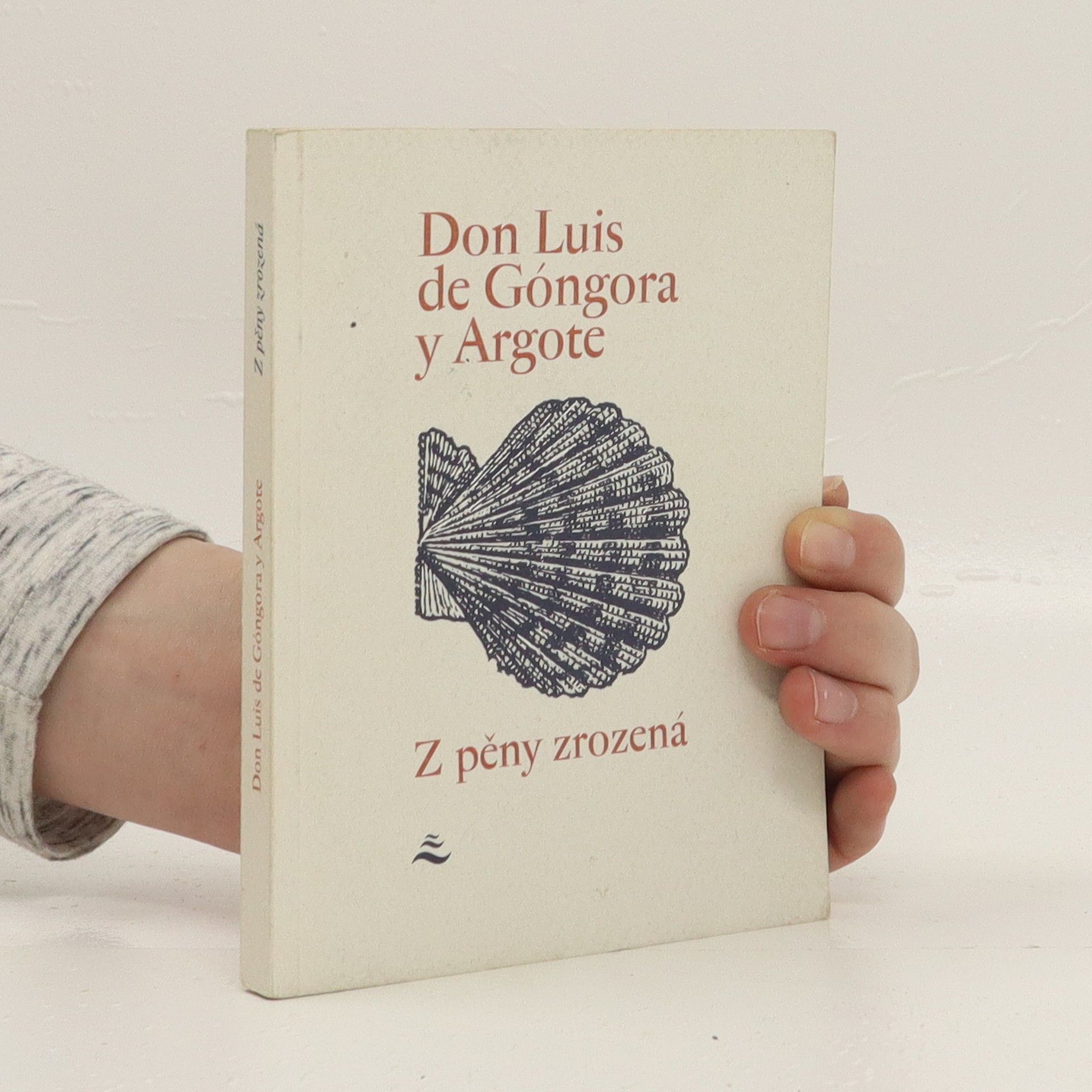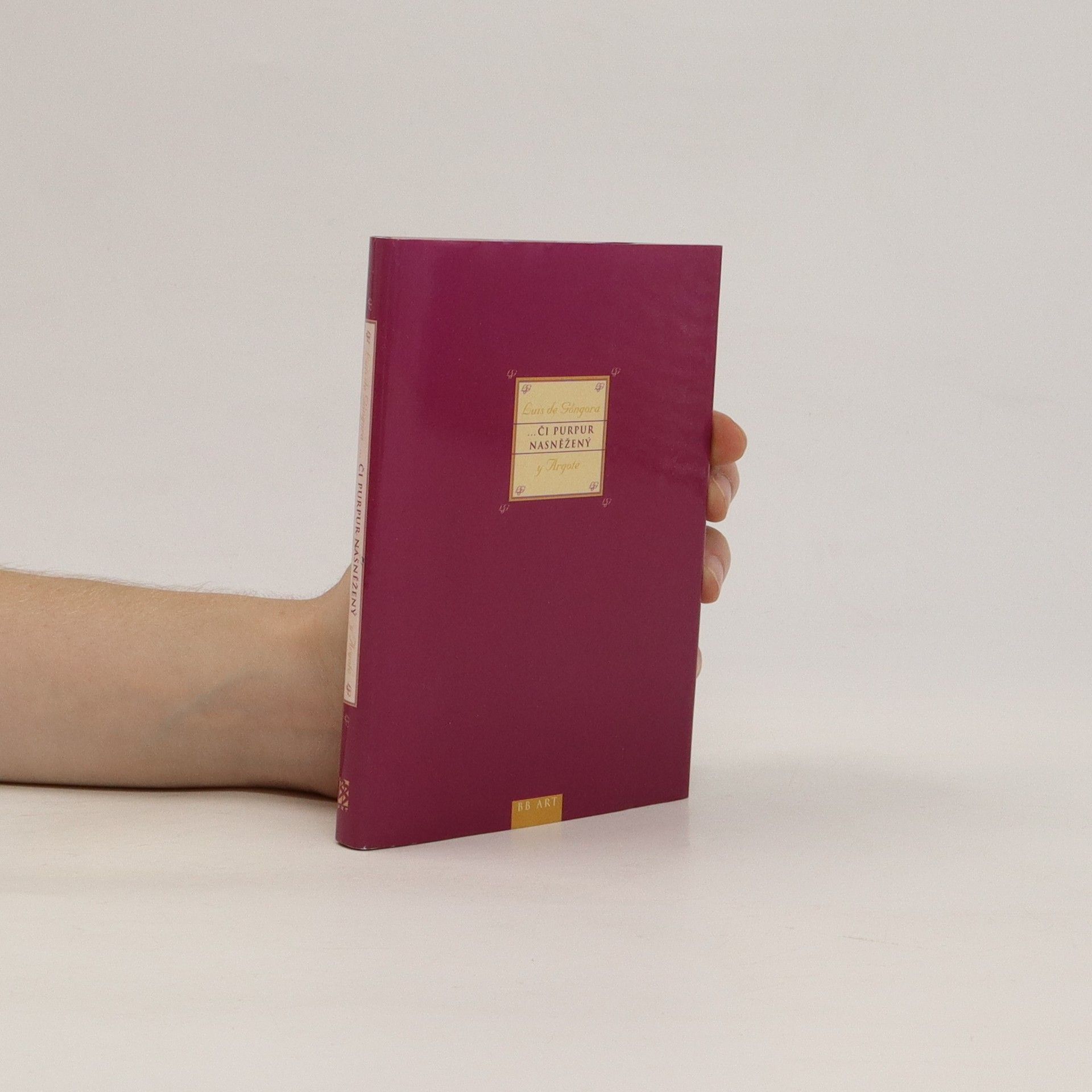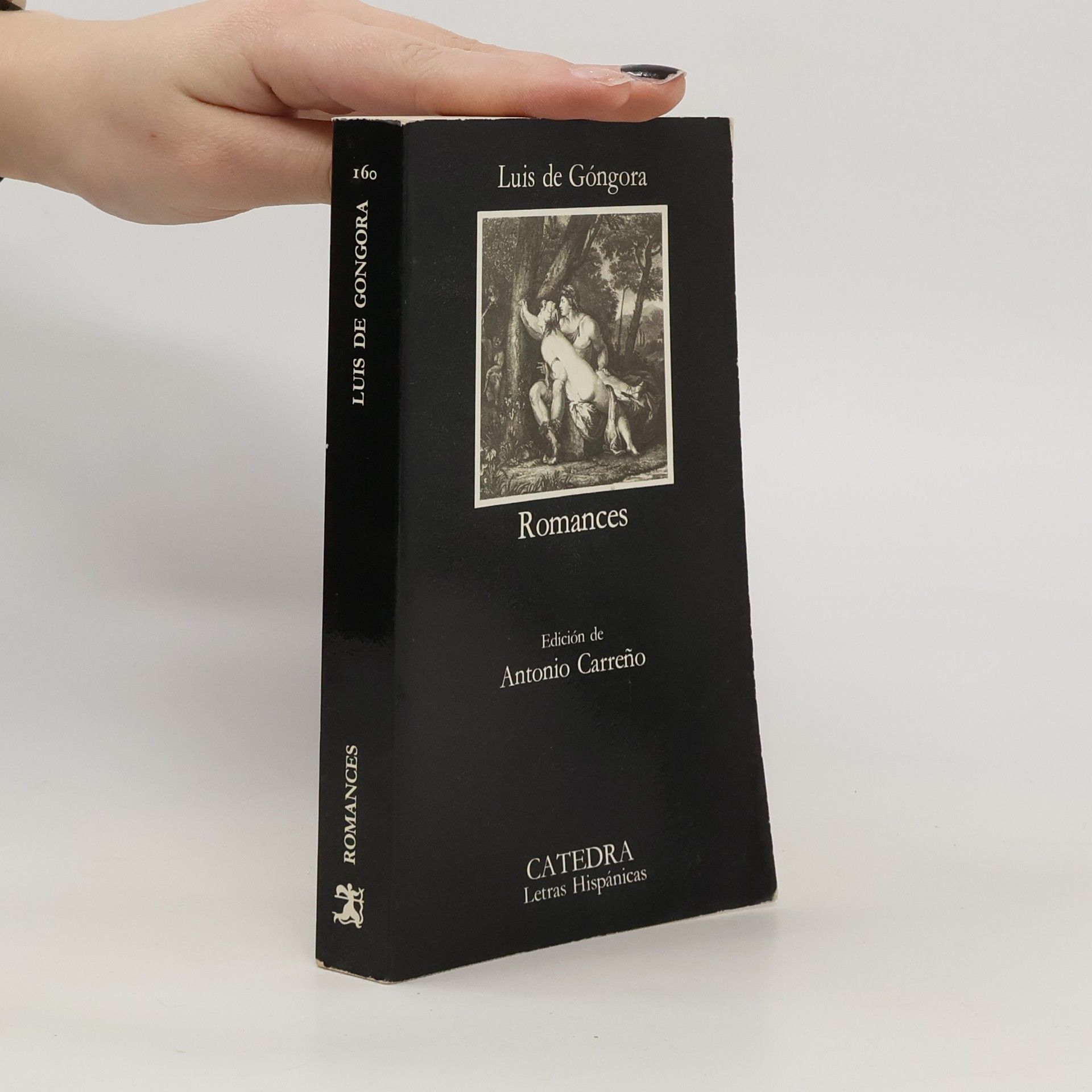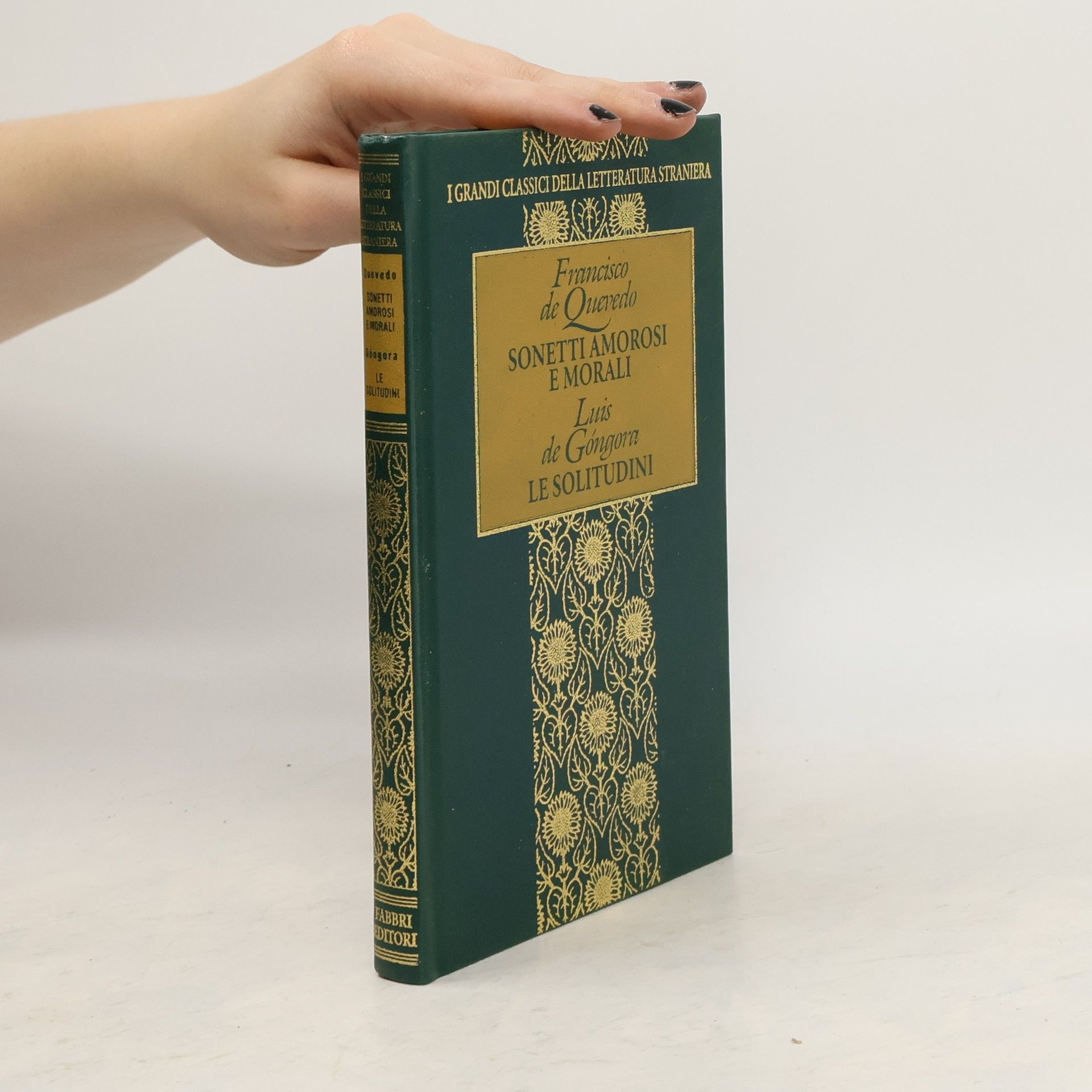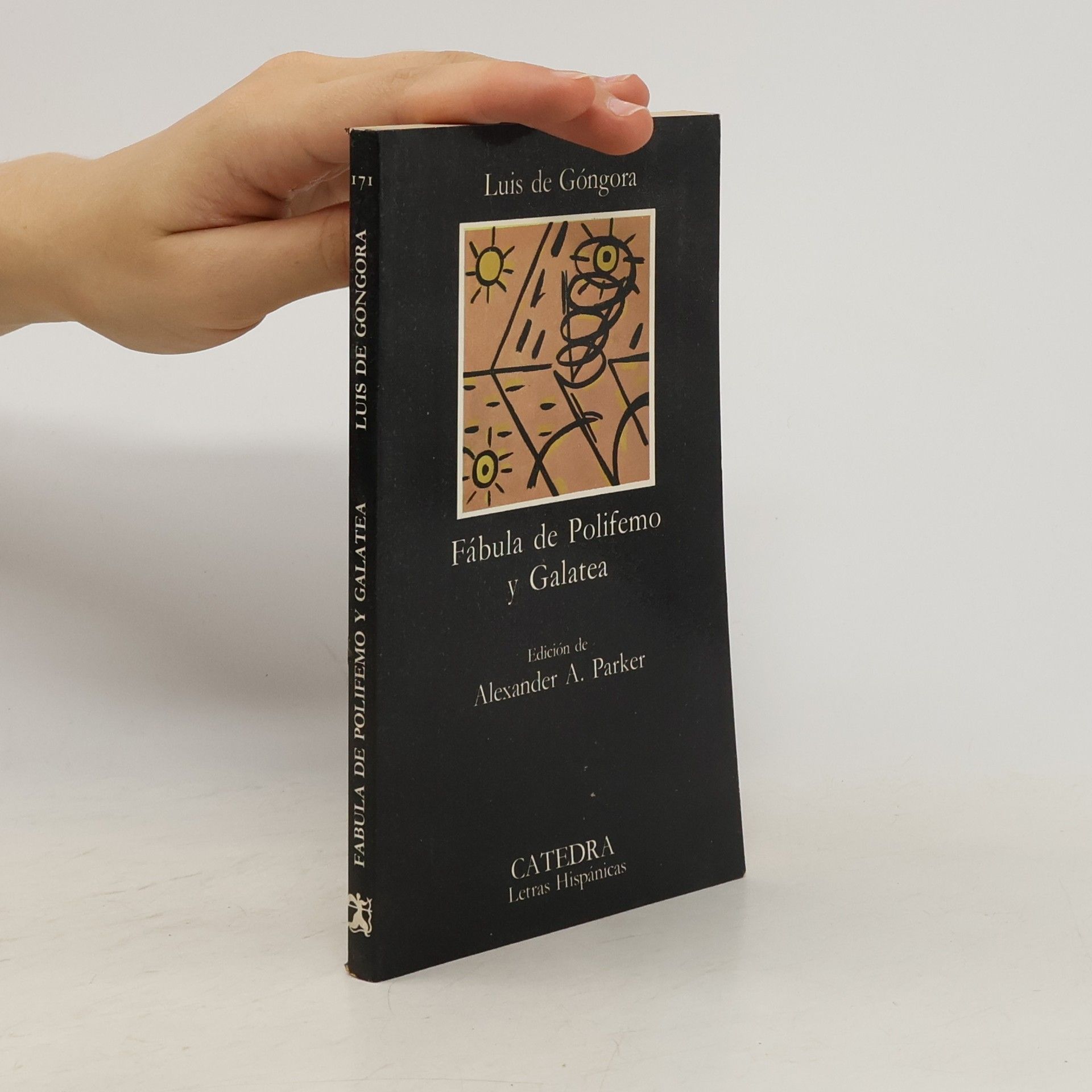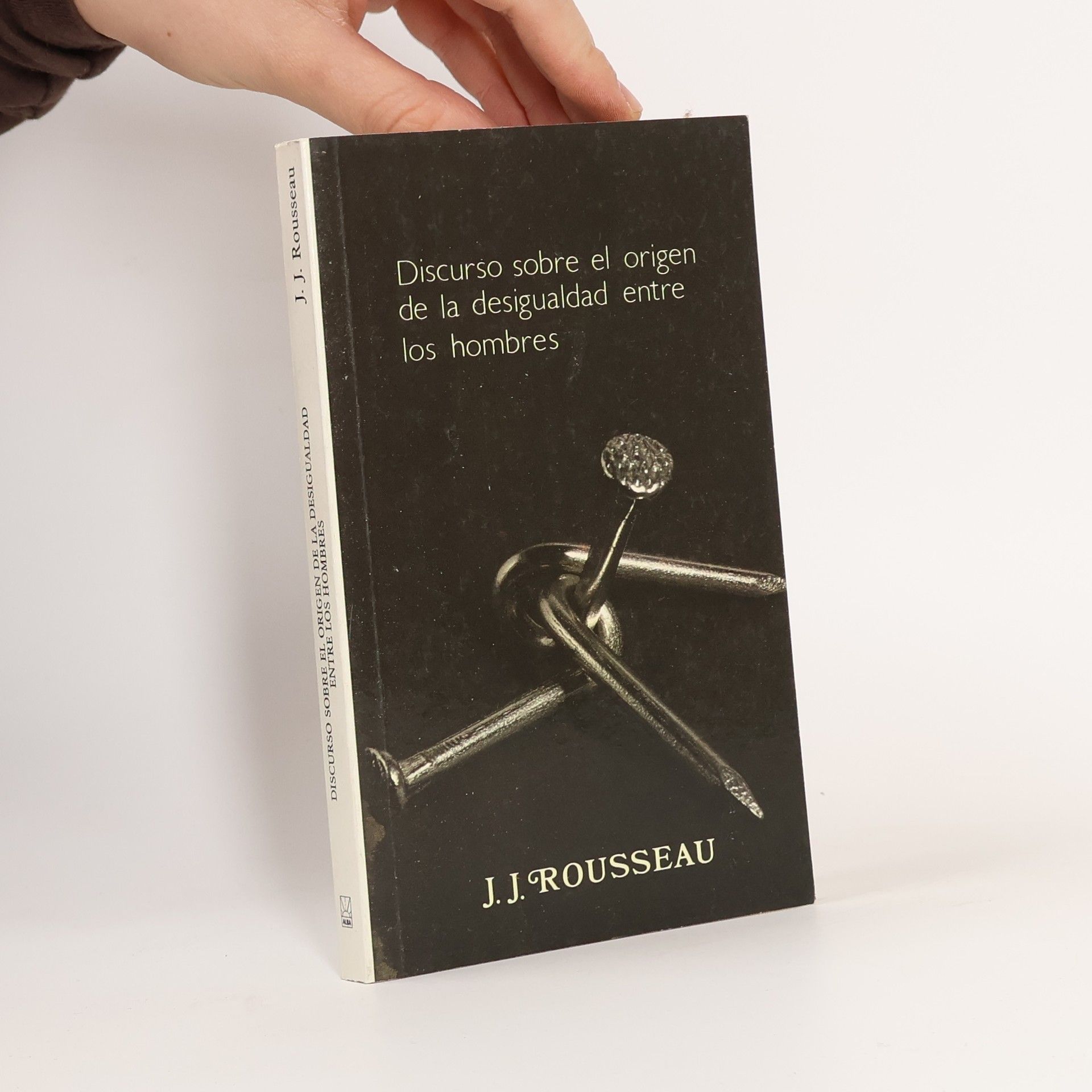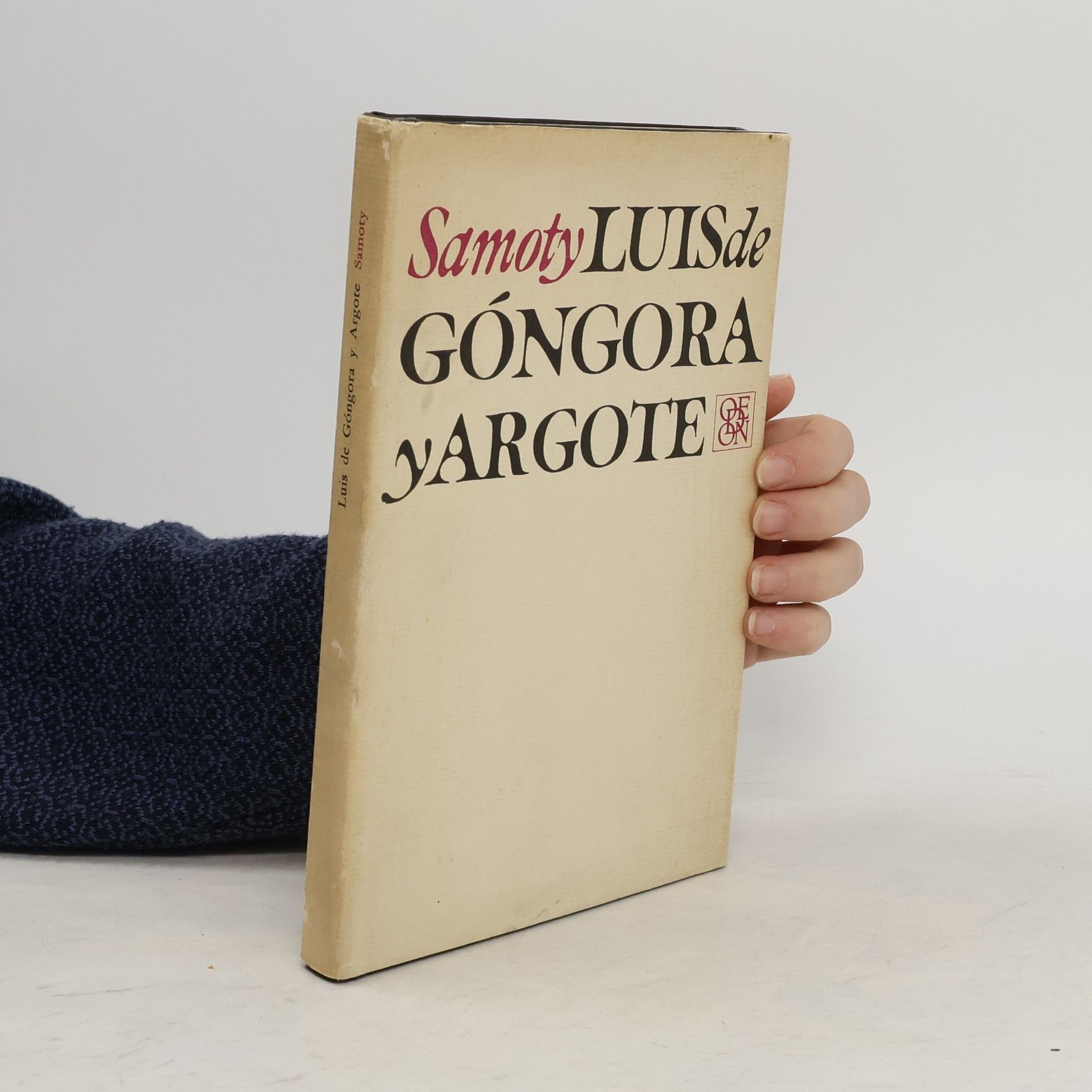Romances
- 670bladzijden
- 24 uur lezen
La segunda mitad del siglo XVI contempla las primeras recopilaciones de lo que conocemos como "Romancero Viejo". Paralelamente se despierta el interés de los poetas contemporáneos (Góngora, Lope) por esta forma, es el "Romancero Nuevo". Esta edición examina cómo un mismo genio late bajo los romances moriscos, mitológicos, picarescos o rústicos.




